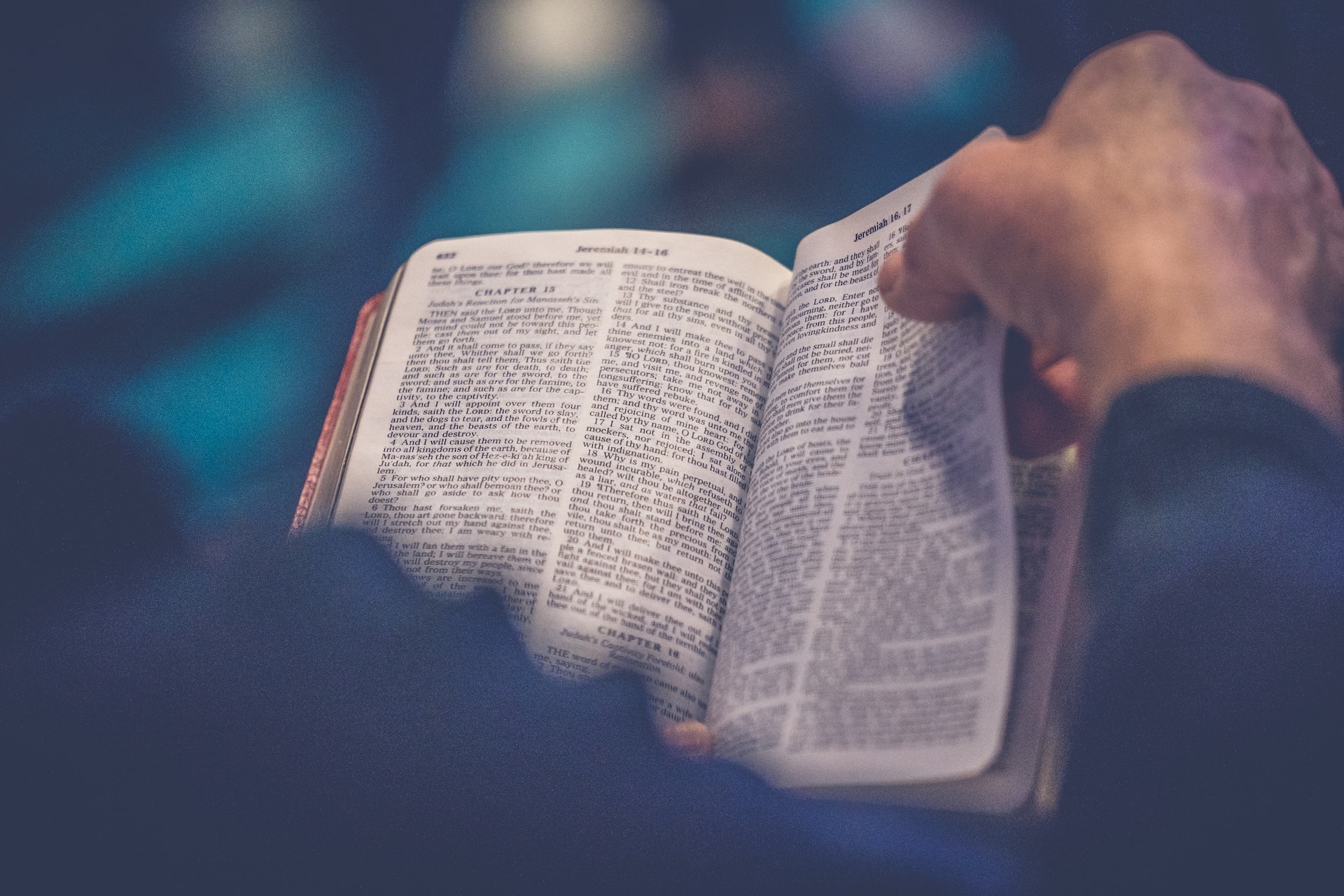
During the past month I’ve become friends with a number of people in my community who come from diverse religious backgrounds yet who, nevertheless, have a fairly common story.
There’s Naya, a woman from Jordan, who has rejected the Muslim faith of her childhood; Toby, originally from eastern Tennessee, who grew up in a strict Christian family but who’s now a self-identified pagan; and Michael, who was raised in a nominal Catholic home in Maine but who is now an avowed atheist.1
There are others, but they all represent a cross-section of people in America, and especially my part of America, who are joining the ranks of that ever-growing group known as religious “nones”—those who check the “none” box when asked about religious affiliation.
There are, no doubt, myriad reasons as to why people reject organized religion. But the common theme I most often detect goes like this: people are tired of having others tell them what to do, and they experience feelings of euphoria when they step into a life free from rules and regulations handed down from an all-seeing deity or that deity’s earthly representatives.
These people are, in other words, the classic postmodern relativists we hear so much about, who are allergic to absolute truth and believe everyone should be free to determine right and wrong for themselves.
It’s tempting, of course, to conclude that such people simply want to rebel against God because they have sin in their lives they don’t want to surrender. This is, no doubt, true for some—perhaps even many.
But I think, by and large, something else is often going on that may not be as obvious to those of us who relate to these people from a distance: many are rightfully rebelling against religious systems whose primary currency is guilt, shame, control, and coercion—religious systems that strictly enforce human-made rules, and are absent the motivating power of the gospel.
This is precisely what Jesus confronted head-on in His day, criticizing religious leaders for binding “heavy burdens” that were “hard to bear,” laying them on people’s “shoulders” (Matt. 23:4). They were “teaching as doctrines the commandments of men” (Matt. 15:9), which, according to Ellen White, causes people to reject and rebel against not only the rules of humans but also the commandments of God.2
Simply put, lawlessness feels like ecstasy when you’ve been harassed by people trying to control you through regulations they attribute to God. Rebellion feels like liberation in response to fear-based coercion.
And this is the context the book of Revelation lays out regarding the last days.
I’m not sure the answer is to give people the “right” rules. Rules, even the right ones, aren’t attractive to those who’ve been burned by shame-based and law-centric religion. It just feels like more of the same.
What they instead need is Jesus—the only person who can give them rest and truly deliver them from their guilt and shame.
Indeed, in the words of Ellen White: “Only by love is love awakened.”3
So let’s give them love.
1 Not their real names.
2 See Ellen G. White, in Signs of the Times, Sept. 11, 1893.
3 Ellen G. White, The Desire of Ages (Mountain View, Calif.: Pacific Press Pub. Assn., 1898, 1940), p. 22.